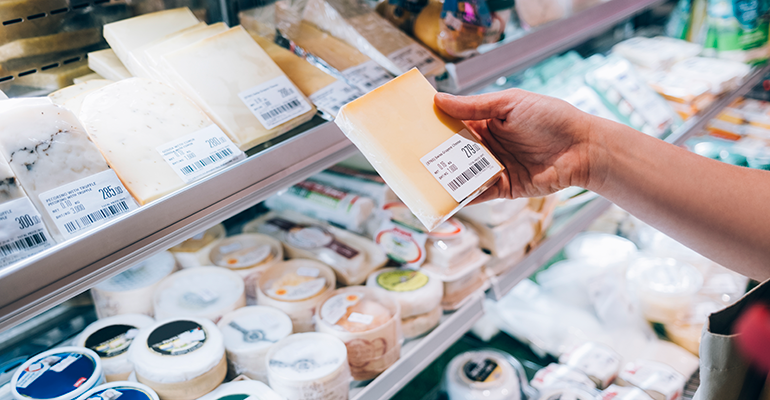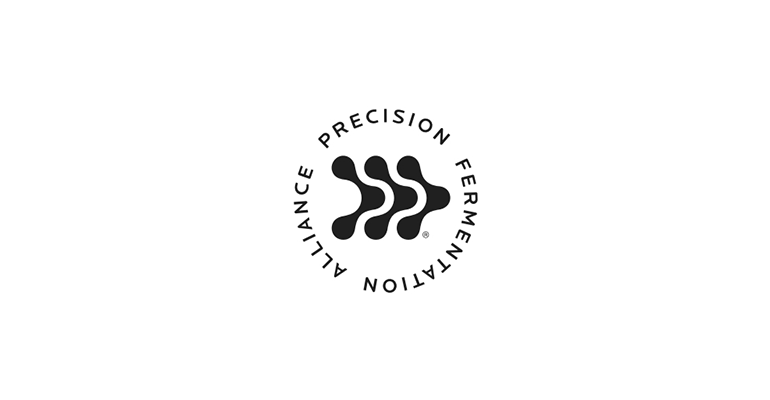Welcome to SJGLE.com! |Register for free|log in
Welcome to SJGLE.com! |Register for free|log in

Related Searches: Tea Vitamin Nutrients Ingredients paper cup packing
The founding members of the newly created trade association are Change Foods, The Every Co, Helaina, Imagindairy, Motif FoodWorks, New Culture, onego Bio, Perfect Day, and Remilk.

© iStock/FreshSplash
Precision fermentation uses organisms such as bacteria, yeast, fungi, or microalgae as so-called cell factories by gene-editing them and instructing them to produce molecules of interest as a by-product when they feed on a given feedstock, usually sugar. The technology has been used for several decades to produce insulin, which was previously extracted from pigs, and rennet, a coagulant used in cheese-making that is traditionally derived from the fourth stomach of unweaned calves. However, its use has expanded in recent years to include dairy proteins such as whey and casein; egg proteins; and animal fat.
“This alliance codifies what we’ve always believed: a kinder, greener tomorrow is possible through collaboration,” said the founding members in a joint statement. “This ecosystem of mission-aligned leaders stands to exponentially accelerate what any one member could do alone.”
Founded on 16 February, the trade association has several core goals:
Nicki Briggs, vice president of corporate communications at Perfect Day and chair of the Precision Fermentation Alliance, said: “There is a direct line between food production, climate, socioeconomic opportunities, and equity. How we make our food is one of the foundational ways to change the world around us, and just the beginning of the vision for this group.
“This alliance codifies what we’ve always believed: a kinder, greener tomorrow is possible through collaboration. This ecosystem of mission-aligned leaders stands to exponentially accelerate what any one member could do alone.”
 © Business Wire
© Business Wire
Vice chair of the trade association and CMO of Change Foods Irina Gerry noted that most people have eaten foods that contain ingredients made using precision fermentation for decades, such as vitamins, enzymes, and natural flavours “without much fanfare”.
Although the technology has been used for years for certain products, are consumers ready to eat bacteria-derived proteins?
Mintel food science analyst Emma Schofield said that price parity may be the decisive factor.
“If precision-fermented proteins can deliver milk and dairy products at cheaper retail price points than the current products that are ‘made by cow’, those consumers who are particularly price sensitive may be drawn to the cost-savings of these products,” she said.
Schofield noted that “behind-the-scenes” applications such as in chocolate bars or bakery products could also increase consumer acceptance rather than a ready-to-drink milk, for example.
According to Gerry, for the technology to scale up and expand to other applications, it needs “clear communication, thoughtful policy, consistent regulation, and stakeholder engagement, which this alliance is positioned to do”.
According to Polaris Market Research, the global precision fermentation market size and share was valued at $1.3 billion in 2021 and is expected to reach $37.35bn by 2030, growing at a compound annual growth rate (CAGR) of over 48%.
Polaris said that, by geography, the North American market experienced the largest revenue share in 2021, fuelled by end applications such as dairy alternatives and meat extenders, and meat analogues.
It predicted that the Asia Pacific market share would rise between now and 2030. “Growing disposable income, rising population, and increasing demand for plant-based products are the key factors flourishing the precision fermentation industry growth in the region,” it said.
E-newsletter
Tags